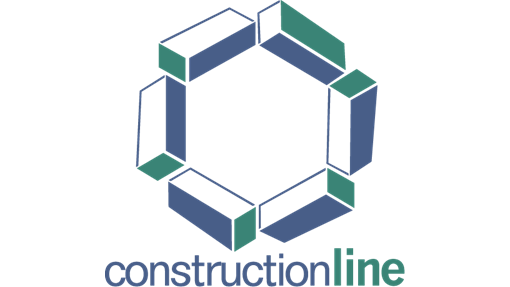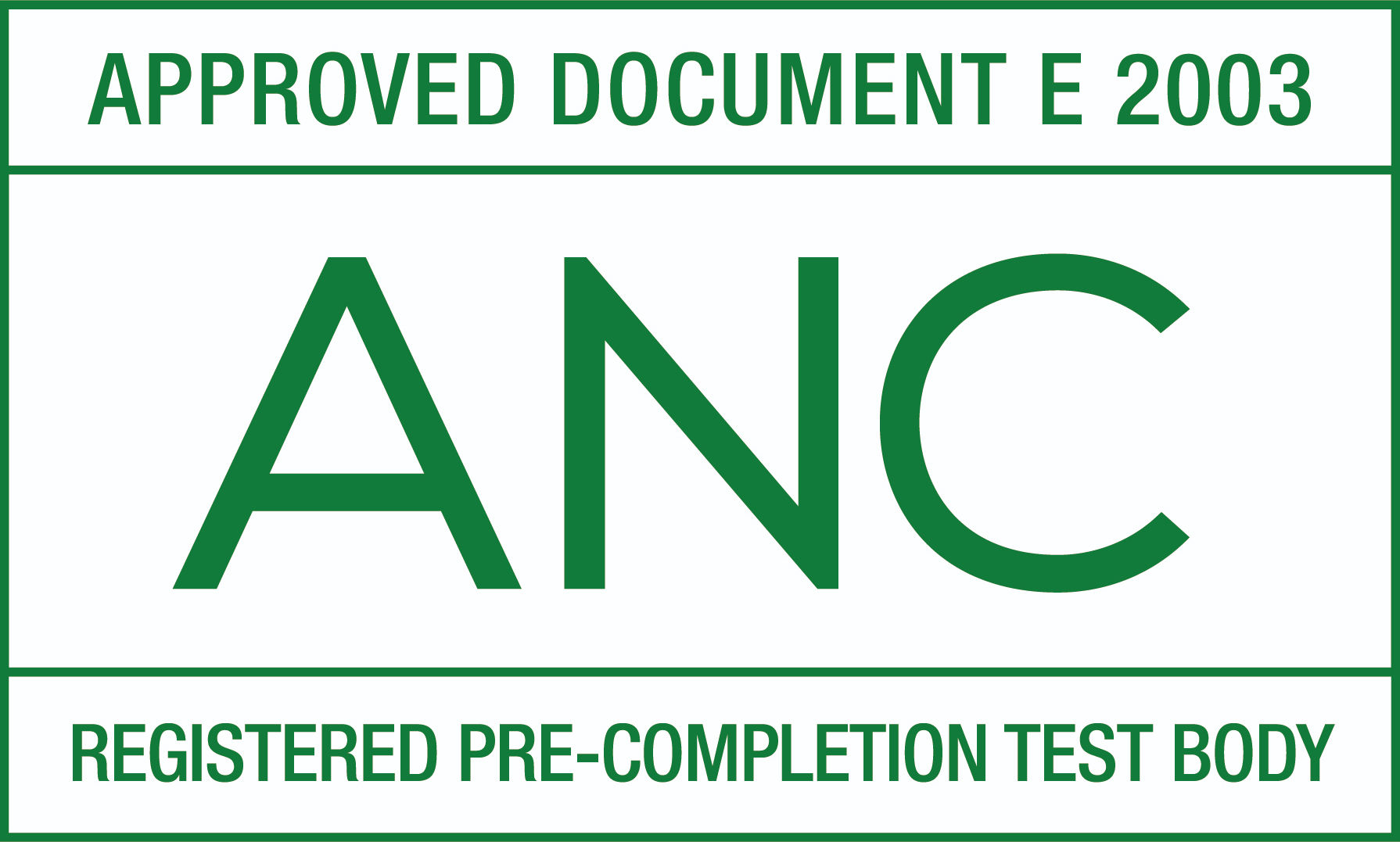Is Your London Air Testing Consultant Qualified to do Noise and Air Pressure Tests?
If you are in the final stages of your residential or commercial property construction or planning to have it modified in any way, you need to be aware of what Part L Building Regulations are.
Air Pressure Tests for Residential & Commercial Constructions
Air testing, also referred to as air pressure test, air leakage testing or air permeability test, has become mandatory under Part L of UK Building Regulations. As your property nears the final completion stage, you will need to hire an air pressure test service in London that is qualified to carry out the relevant tests, so that Building Control can provide you with the final Building Certificate.
A positive air tightness result will give your development an improved environmental rating, assuring that all the relevant certificates and approvals are handed over to you on time, in addition to improving the property’s “quality of living” as well as resale value.
Some of the leading construction companies, developers, building owners, Councils, architects and Housing Associations in the UK have been working with top acoustic and air testing consultants to ensure that their development not only gets a “pass” from the local authority but also gets as high a rating as possible. If you do not get a satisfactory rating, you may be looking at a Section 60 noise notice, which is issued by the Local Building Authority in case of non-compliance.
Noise Tests for Residential & Commercial Constructions
Construction and demolition sites can create a level of noise and vibration that may not be acceptable or tolerable by surrounding areas.
Local UK authorities require all builders and owners to have proper noise tests or noise surveys done in order to control sources of noise and vibration. This is done in accordance with BS5228 or Section 61, which pertains to the Control of Pollution Act. In practice, what this means is that professional noise testing is required to ensure that any construction or demolition works do not exceed the area’s ambient noise profile, all the while maintaining an acceptable decibel level at designated noise-sensitive receivers.
An aspect of noise surveys in London that needs to be accounted for is vibration monitoring. This ensures that vibration levels from building construction (or demolition) do not pose a threat to the structural integrity of nearby buildings.
How Will Your Local Acoustic Consultant Monitor Noise and Vibration?
Noise monitoring equipment is installed in key areas to assess noise levels that arise due to construction, restructuring or demolition activities. All noise data acquired is run through the Local Authority’s requirements by way of the BS5228, BS6472, and BS7385 standards. Additionally, vibration monitoring devices are deployed on-site, which acquire vibration data on-site operations, so that it can be determined if the vibration will have an adverse effect on the structural integrity of nearby buildings.
Your noise monitoring consultant will typically use an advanced hardware/software platform that is, however, simple and adaptable enough to monitor noise levels and conduct in-depth noise surveys in a highly cost-effective way. They should be well-versed in multiple applications, including noise and vibration monitoring for roads, railways, outdoor festivals and sporting events, as well as industrial sites.
Understanding Why Air Pressure Tests are Necessary
As we are aware, Part L Building Regulations require all newly built and existing buildings to undergo proper air leakage testing. It must be noted that gaps and/or cracks can be a common occurrence in building materials and are often hard to trace visually. Therefore, the local authority needs to know that the building material or fabric is airtight enough so as to declare the material robust and fit for living.
It should further be noted that energy production emits carbon which has been directly linked to global warming. A significant percentage of building emissions in the UK are tied to space heating and conditioned air leakages. The government introduced Part L of Building Regulations to control CO2 emissions from building through structural integrity tests to monitor air leakages as such.
As a building owner, you must commission a professional air testing London consultant who has the approved affiliations and qualifications to carry out the necessary air pressure tests. Your air pressure test London consultant should be able to test to the standards outlined above and offer up-to-date advice to achieve the best possible air pressure test rating before building completion.
How is Air Leakage Testing Done?
An accredited air testing consultant in London will have an entire team of engineers dedicated to following strict testing and compliance procedures, using the appropriate UKAS (United Kingdom Accreditation Service) equipment.
Just to give you an example, a designated area is measured as engineers carefully assess the total interior surface area of the building, which includes floor walls and ceilings of all conditioned areas, whether they are heated or cooled. A fan calibrated to UKAS standards along with the necessary equipment is installed in a large opening, such as an external door, to measure airflow. An air permeability test is then conducted by calculating the difference in pressure between the buildings inside and outside air. In addition, the airflow rate between fans used to produce this pressure difference is also calculated.
Ensuring Success the First Time Around
Poor test results mean the air tightness in your construction will inevitably need to be improved before your construction type is tested again. See to it that your London air testing experts are willing to work with you to identify areas of potential air leakages, address them properly and that a pre-start checklist is run before any official testing begins. They should be able to offer you diagnostic advice in design problems revolving around air tightness.
Furthermore, if a test fails despite a positive outlook, your air testing consultants should be quick to provide remedial advice on-site to identify air leakages. It is not unusual for air testing engineers to use smoke machines or smoke pens to assess areas where air leakages are difficult to detect. Once all remedial works have been completed, retests should be carried out to ensure that there is are no leakages.
Generally speaking, an experienced and accredited air and noise testing consultant in London will do everything they possibly can to ensure there are no air leakages in the initial test. Before beginning the test phase, they should provide sample testing and design advice to give you an idea so as to determine how your building rates in terms of air leakage.
At What Stage is Testing Carried Out?
Air and noise testing is typically carried out when your building is approaching the completion phase, but mechanical/electrical systems have not been installed yet. However, testing is conducted again once these systems are fully functional. Therefore, it is crucial that the “air barrier” is 100% complete and that any penetrations have been properly sealed before a thorough air pressure test can be done. Your air pressure testing consultant will provide you with a checklist to see if your construction is sufficiently completed in order to get accurate air and noise testing results. Building, BREEAM and SBEM Compliance.
Leading air and noise testing consultants in the UK use BREEAM (Building Research Establishment Environmental Assessment Method) to assess the environmental sustainability of a building. This lets designers and builders demonstrate the environmental credentials of their properties against set standards that are universally acknowledged.
A qualified BREEAM assessor should be hired to perform assessments on commercial buildings in a variety of industries as well as public buildings to achieve “Excellent” and “Outstanding” ratings.
All building developments in the UK are required to comply with certain environmental standards, which is not only limited to building completion but also planning policy, funding or legal obligations.
Your air and sound testing consultant will provide a range of consultancy and sustainability assessment services, which include BREEAM and SBEM (Simplified Building Energy Model) calculations.
Through SBEM, a building’s energy usage and CO2 emissions can be calculated, by modelling specific building features, which also include thermal performance factors such as air tightness.
Stay in the Know and Hire a Qualified Air and Noise Testing Consultant
At Pace Consult, we are a market leader in multidisciplinary consultancy. We offer a complete “concept to completion” suite of services across air tightness, fire protection, and acoustics and vibration. We have been delivering nationwide consultancy practices, delivering highly competitive, innovative and practical solutions to ensure that all building projects comply with the required standards and are delivered on time, according to the proposed budget.
We possess deep knowledge on all construction types and identify valuable engineering opportunities every step of the way, allowing substantial project savings, and ensuring that your building’s sustainability is rated “Excellent” throughout. Get in touch with our acoustic and air testing consultants to learn more.






